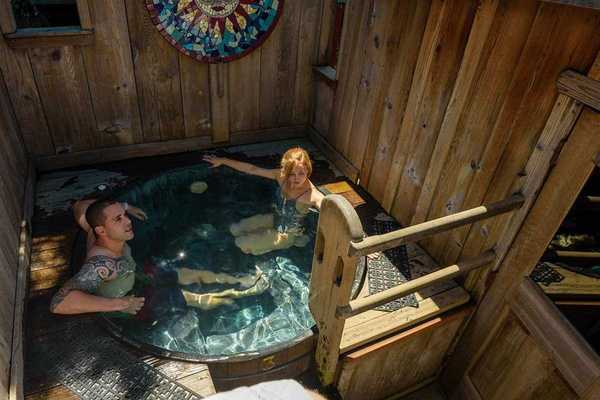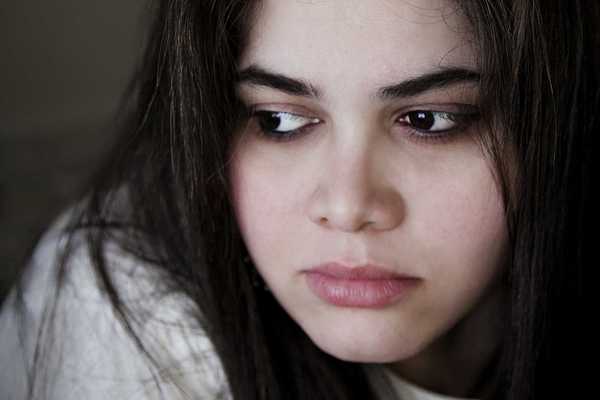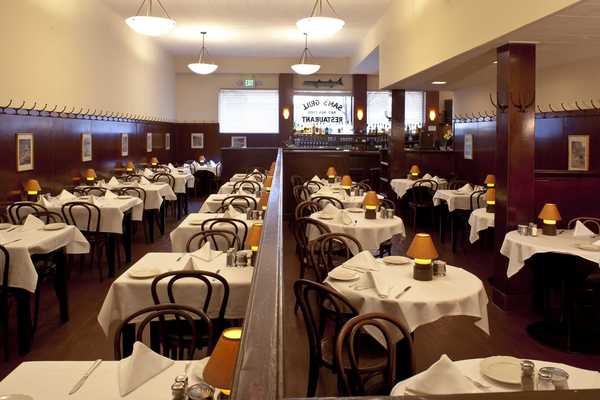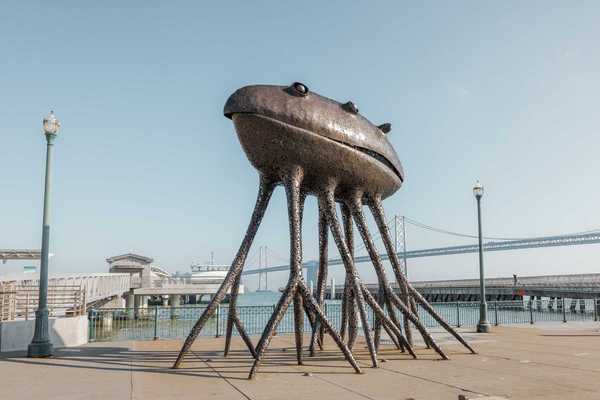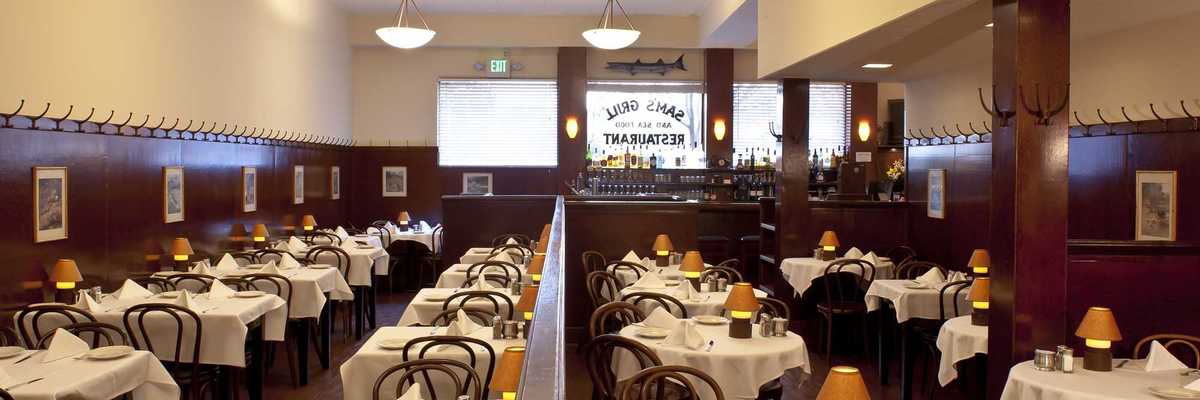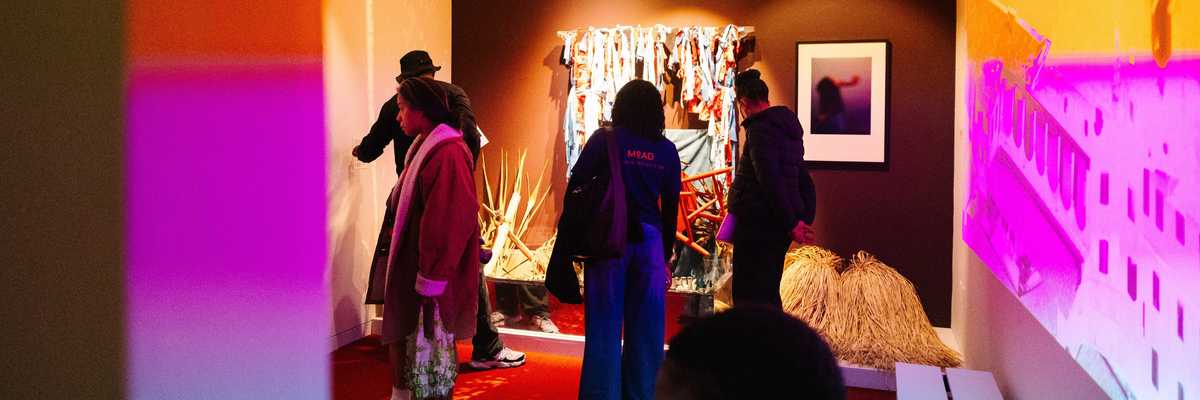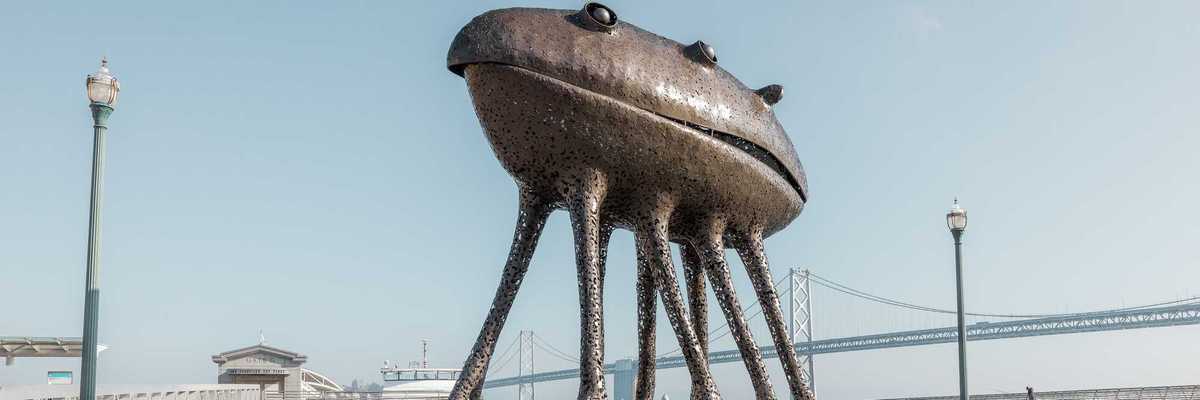Working from his first original script since 1974’s The Conversation, Francis Ford Coppola enjoys something of a creative reawakening with Tetro, his sprawling epic about fathers, sons and the deceptions that bind and divide them. After the middling disappointment of 2007’s Youth Without Youth, which found the director, now 70, grappling with notions of immortality in the context of a fatally flawed narrative, his latest represents a remarkable return, fired by Citizen Kane-size ambition.
Coppola has explored themes of fraternal strife and Oedipal conflict before, in the Godfather saga and in his highly stylized adaptation of S.E. Hinton’s Rumble Fish. Here, he focuses on the relationship between the mercurial Tetro (Vincent Gallo, convincingly anguished) and his much younger and more easygoing brother Bennie (newcomer Alden Ehrenreich).
Both live in the shadow of a distant, domineering father – Carlo Tetrocini (Klaus Maria Brandauer), a world-famous composer who believes the family is big enough for just one genius, and sets about sabotaging the dreams of his brother and children accordingly. Bennie, who’s been kept in the dark about the sins of his father, looks to Tetro for answers. Tetro, an aspiring playwright who long ago fled his native New York to live in relative anonymity in Buenos Aires, is less than forthcoming.
Having severed ties with his family but dogged by tragic memories – the car crash that claimed the life of his vivacious mother, his father stealing and ultimately destroying his first love – Tetro is tormented and emotionally armored, a mess of nervous tics and misplaced rage. His first instinct is to reject Bennie, even as his put-upon lover (Maribel Verdú, of Pan’s Labyrinth) tries to encourage their uneasy friendship. Eventually, ugly truths come to light, stripping Bennie of his innocence and plunging him into a misery eerily similar to that of his more volatile brother.
Shot beautifully in black-and-white and enriched by Mihai Malaimare’s striking cinematography, Tetro is, by Coppola’s admission, equal parts autobiography and elegant fantasy, escalating into a feverish climax that feels almost hallucinatory. Whether it’s a beautiful dream or a troubling nightmare is open to interpretation – there are cathartic highs and tortured lows, all handled deftly by Gallo, who seems most in his element playing characters teetering on the edge of sanity, and Ehrenreich, whose boyish good looks and unassuming charm recall a young Leonardo DiCaprio.
That said, Tetro is undone at times by its own melodramatic underpinnings and indulgent distractions – Alone, a powerful theater critic played by Carmen Maura, seems particularly superfluous – but even when Coppola’s story loses its footing, its recovery is swift and graceful.
Fans and critics have long awaited a comeback from the legendary director, who will always live to some extent in the shadow of his Godfather trilogy and 1979’s Apocalypse Now, and whose last noteworthy offering (the underappreciated Godfather: Part III) came nearly 20 years ago. That wait is over: Tetro is absorbing, daring and proof that, even now, Coppola’s famous reach does not exceed his creative grasp.
- Wine Country
- Holiday Gift Guide
- Holiday Recipes
- Events + Openings
- Workouts + Wellness
- Culinary Road Trip
- Cooking Videos
- COVID-19
- LGBTQ Pride
- Art + Design
- popular
- Test
- San Francisco
- East Bay
- Oakland
- Marin
- Silicon Valley
- Tahoe
- Secret Recipe
- Drink Here Now
- The Big Eat
- Play
- Tech
- Weddings
- Top Stories
- From Our Partners
- Property Porn
- Apartment Porn
- Brunch Topics
- Cannabis Insider
- Weekend Guide
- Neighborhood Guide
- Most Popular
- Travel
- Dining + Restaurants
- Cannabis
- 7x7 Cannabis Guide
- Bay Area Wellness Guide
- Shop Talk
- Music + Concerts
- Bay Area News
- News + Politics
- Manually populated



